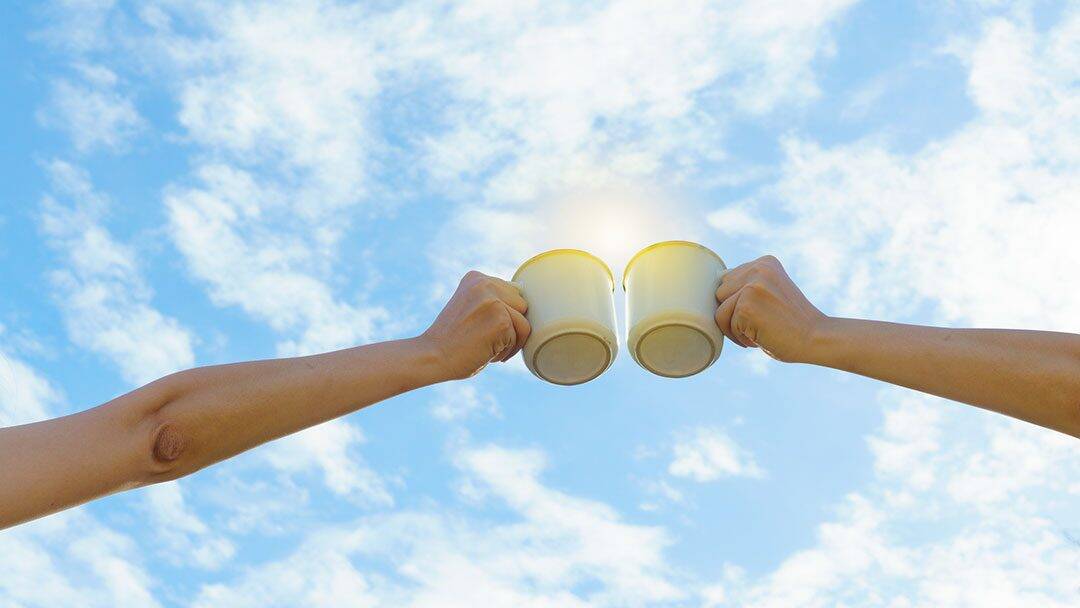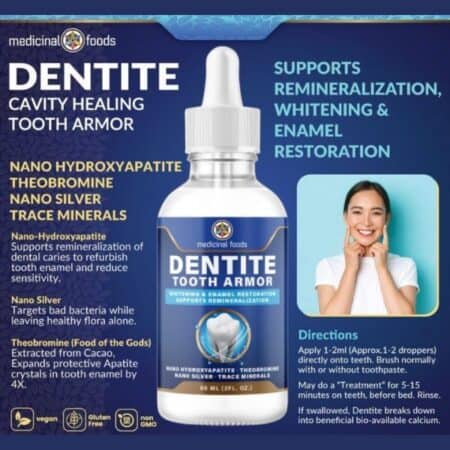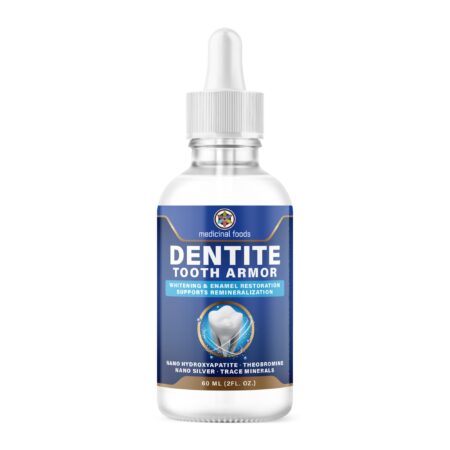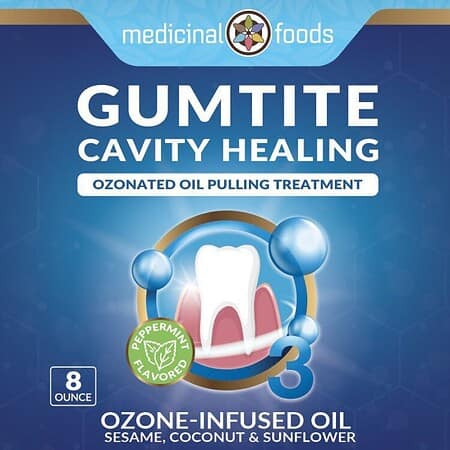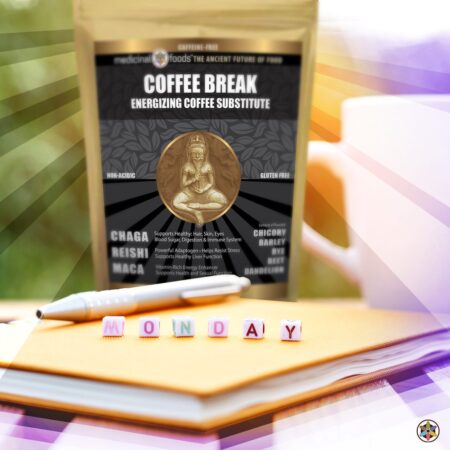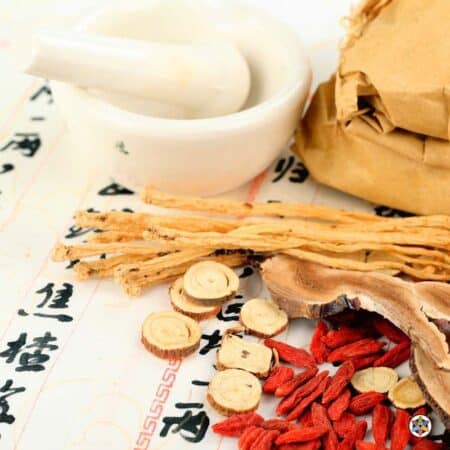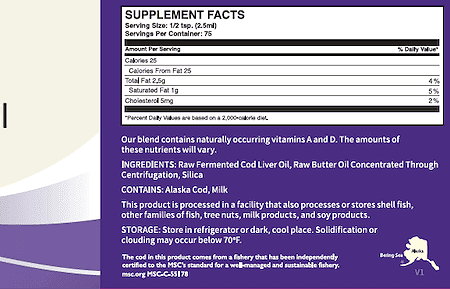Have you been searching for a healthy coffee alternative? It can trigger acid reflux, cause digestive issues, and increase anxiety, which is why many adults are searching for an energizing substitute. Not only do these beverages offer many of the advantages that the drink provides, but they also have their health benefits such as products provided by us.
Mushroom
This beverage, which combines ground coffee with ground mushrooms, is an excellent choice for people that are looking for a way to gradually transition away from drinking. Giving up the drink completely can lead to headaches and other adverse health symptoms. Switching to a more natural beverage is a way to avoid that.
Most brews are made using medicinal mushrooms that are high in antioxidant and phytonutrients. The flavor is very similar to that of the usual cafe, and many mixtures can be brewed in a standard maker. It’s a way to reduce the intake and enjoy the healthy benefits of mushrooms.
Black Tea
An eight-ounce cup typically contains between 90 and 200mg of caffeine. Black tea usually contains between 40 and 90mg of caffeine per eight-ounce cup, making it an excellent alternative.
Some teas have lighter flavors, but black tea has a bold flavor that may appeal to cafe drinkers. It can be prepared in several ways. One popular option is a chai latte, which is made from black tea, milk, and spices.
Green Tea
Green tea is a nutritious beverage with a light, earthy flavor. While it can be dehydrating, green tea is very hydrating. It’s packed with antioxidants and can prevent bacteria growth in the mouth.
Typically, you’ll find somewhere between 30 and 50mg of caffeine in an eight-ounce cup of green tea. However, matcha tea, which is made from full green tea leaves, may contain up to 75mg per eight ounces. Matcha is also a source of L-theanine, polyphenols, and catechins.
Chicory
This beverage is made by roasting, grinding, and brewing the roots of the chicory plant. It has a very similar flavor but does not contain any caffeine. It’s an excellent source of potassium and soluble fiber. It’s one of the best options for people that struggle with indigestion.
Since chicory restores electrolytes, it can provide a small energy boost even though it’s caffeine-free. There are many options to choose from, including light and dark roasts. Most drinkers will be able to find a chicory blend that’s in line with their preferences.
Rooibos Tea
This is a type of African red tea that can be prepared in a machine. Like chicory, it’s caffeine-free, but it can still be highly energizing. It’s rich in antioxidants and contains approximately 50% more antioxidants than green tea.
Rooibos tea can improve the digestive process and treat inflammation. It’s a soothing beverage that can be enjoyed in the morning or evening. It’s also packed with polyphenols, which may help the body to fight stress.
White Tea
White tea is an appealing choice for drinkers that want to reduce their caffeine intake without giving it up completely. It contains approximately 10 to 20mg of caffeine per eight-ounce cup. Like green tea, it’s a source of antioxidants and L-theanine.
It can stain teeth, but white tea is beneficial to oral health. It’s a source of tannins and fluoride, which may help strengthen enamel. It also contains flavonoids that can prevent plaque growth. It has a light, delicate taste and is often found in fruity blends.
Dandelion
This healthy coffee alternative is derived from roasted dandelion root. Although dandelions are a type of weed, this root has numerous health benefits. It’s high in vitamins and minerals and is also high in probiotics and antioxidants. It’s naturally caffeine-free.
Typically, a dandelion drink is prepared by mixing a spoonful of dandelion root into a mug of hot water, in the same way, that you would prepare instant cafe. It’s less acidic than coffee but has a very similar flavor. It’s also less bitter than coffee, which means it can be enjoyed without adding sugar.
Yerba Mate Tea
This is another tea that is very high in caffeine. You’ll typically find between 60 and 90mg per cup, making it an excellent alternative. Derived from the leaves of a holly tree native to the rainforest, it’s a solid source of polyphenols, theobromine, and theophylline.
The leaves that Yerba Mate tea is made from having a high tannin content, and because of that, it has a bitter flavor. As with this beverage, this bitterness can be countered by adding cream, sugar, spices, or other types of flavoring. This is a popular substitute, and there are numerous varieties on the market.
Pu’er Tea
While many types of tea are made from the Camellia sinensis plant, this variety of tea requires the leaves to go through a microbial fermentation process. It’s higher in caffeine than many other types of tea, with approximately 60 to 70mg of caffeine per eight-ounce cup. It’s a strong choice for anyone that wants to avoid caffeine.
Raw pu’erh has a light and mellow flavor that’s slightly bitter. Ripe pu’erh has a rich flavor without any bitterness. With different types of tea to choose from, most people can find an option with a flavor that appeals to them. It’s rich in antioxidants and calcium. It can also help to modulate blood lipids, which can protect the body from stress.
Caffè d’Orzo
Italy is known for its decade, and it’s also a source of appealing substitutes for the drink. This beverage, which is made from ground barley grains, has a rich, earthly flavor that’s comparable to espresso. Unlike espresso, however, this beverage is caffeine-free.
Caffè d’orzo is filled with nutrients like potassium, magnesium, and vitamins B and E. Although it originated in Italy, it’s now enjoyed all over the world. It can be prepared with milk or water and can be enjoyed at any time of day. This barley-based beverage isn’t as energizing as the real thing, but it is enriching, hydrating, and satiating.


